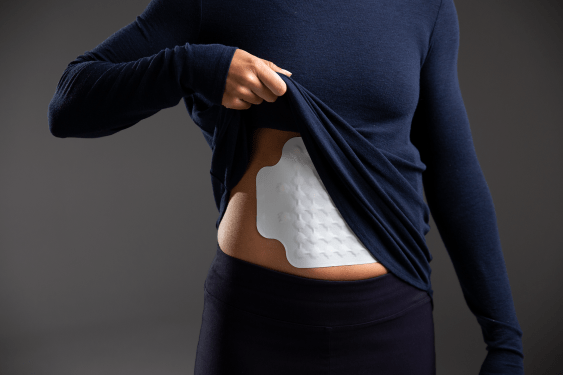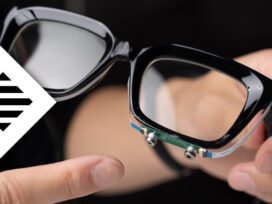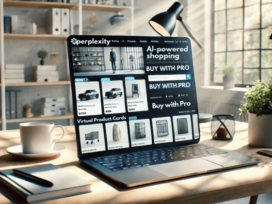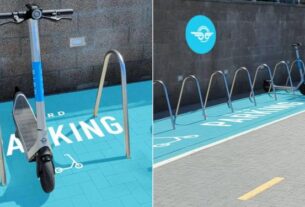
Medtech startup Alimetry secures $18 million in funding for its innovative wearable device that assists in diagnosing gastric disorders.
The article discusses Alimetry, a medical technology startup that has developed a wearable device to diagnose and monitor neuromuscular gut disorders. The device uses AI to analyze data from the user’s digestive system and provide insights to healthcare professionals.
Key points:
- Alimetry’s technology: The company’s wearable device tracks various physiological signals, including temperature, heart rate, and respiration rate, to identify patterns that may indicate neuromuscular gut disorders.
- AI analysis: The collected data is then analyzed using machine learning algorithms to identify potential issues and provide insights to healthcare professionals.
- Clinical trials: Alimetry has conducted clinical trials with its device, demonstrating its effectiveness in diagnosing and monitoring neuromuscular gut disorders.
- Investment round: The company has recently completed a Series A funding round, securing $20 million in investment from various firms, including AGA Ventures and Icehouse Ventures.
Quotes:
- "It’s difficult not to get over-excited about this technology," said Dr. Bu’ Hayee, a professor of gastroenterology at King’s College London.
- "We’re opening ourselves up to more hospitals," said Alimetry CEO, emphasizing the company’s focus on gradual expansion and collaboration with healthcare providers.
Implications:
- Improved diagnosis: The wearable device and AI analysis may enable earlier and more accurate diagnoses of neuromuscular gut disorders.
- Personalized care: By providing insights into individual patients’ digestive systems, Alimetry’s technology may facilitate more personalized treatment plans.
- Potential for automation: The company has expressed interest in developing a product that can automate diagnosis and monitoring in the future, although this would require higher risk regulatory approval.
Related news:
- Other startups are working on AI-powered healthcare solutions, including Qventus and Cape Analytics.
- Investments in biotech and healthtech continue to grow, with companies like Cera raising significant funding for their innovative approaches.






